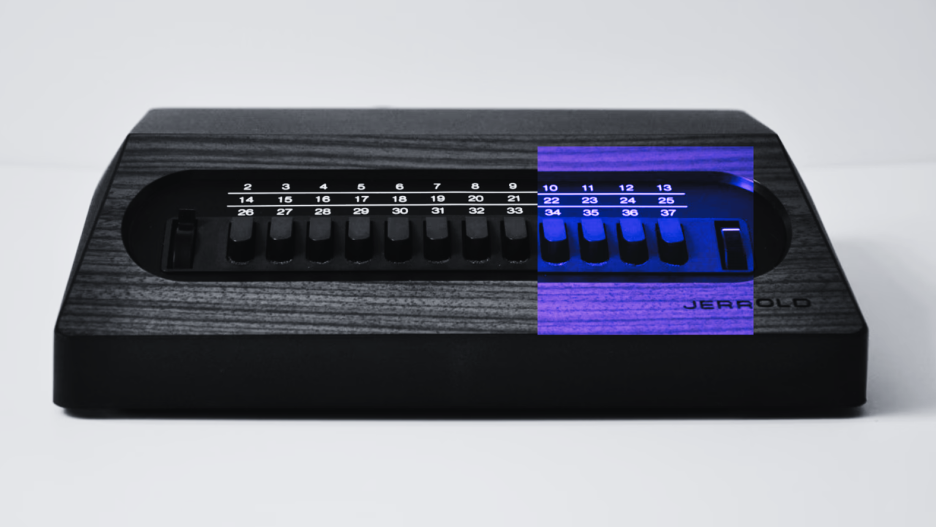As the old saying goes, “The Future is Logistic!”
Well, maybe no one has said that, but at Pontiac Intelligence, we believe the route to better optimizations across CTV, or really any digital marketing channel, is by using logistic regression models. We believe they are the most effective way to tune algorithms to isolate and optimize to the variables that truly impact sales for advertising.
What are logistic regression models, you may ask?
They are a binary decision trees that work through different variables to identify which variables are the most impactful on performance. Basically, they pit all variables in a ring to see who comes out on top. Think Hunger Games for campaign targeting variables.

While DSPs have likely been using regression models for optimizations for years, that underlying data has traditionally been quite opaque. The process for a buyer has been:
- You enter your goal
- The DSP does its thing
- You see results
There hasn’t been much availability to see behind the scenes, so the optimization levers haven’t been transparent, customizable, or portable. It’s a good way to drive platform stickiness, but a bad way to enable transparency and empowerment for brands and agencies.

More recently, however, there has been a quiet revolution in transparent and customizable bidding engines. Scibids – acquired by DoubleVerify was, well, acquired by DV, and Chalice Custom Algorithms is making waves with their custom solutions as well. The key to these tools is that they are custom.
Driving performance is not a one size fits all approach.
While the major DSPs offer solid out of the box solutions, their results can be rather… how do we say this… meh!
We don’t need more meh. Meh happened because cookies are an easy thing to track and optimize to, so transparency wasn’t as critical to advertisers control and success. In a cookieless world, the industry needs control and customization to be able to understand and optimize to the metrics that matter.
At Pontiac Intelligence, we’ve developed our own custom logistic regression modeling and have seen some impressive results. We’ve built our entire platform around the flexibility needed to adjust and evolve targeting, diversify inventory, and be generally agile to meet the needs of the market.
By using our logistic regression models, buyers can isolate the variables that matter and pull the levers that drive actual sales. In many cases, a buyer would assume that inventory, series, and title are the biggest driver of success in CTV. In our testing, we have seen that where (ZIP code) and when (hour) matter 4x and 2x more respectively than inventory series, title, or publisher do in driving sales.
We continue to develop and iterate our solution, and with ours and other custom bidding models rising on the market, it is time for buyers to dig deeper and consider options that give them more transparency and controls than the big traditional DSPs. It’s time to take control.




